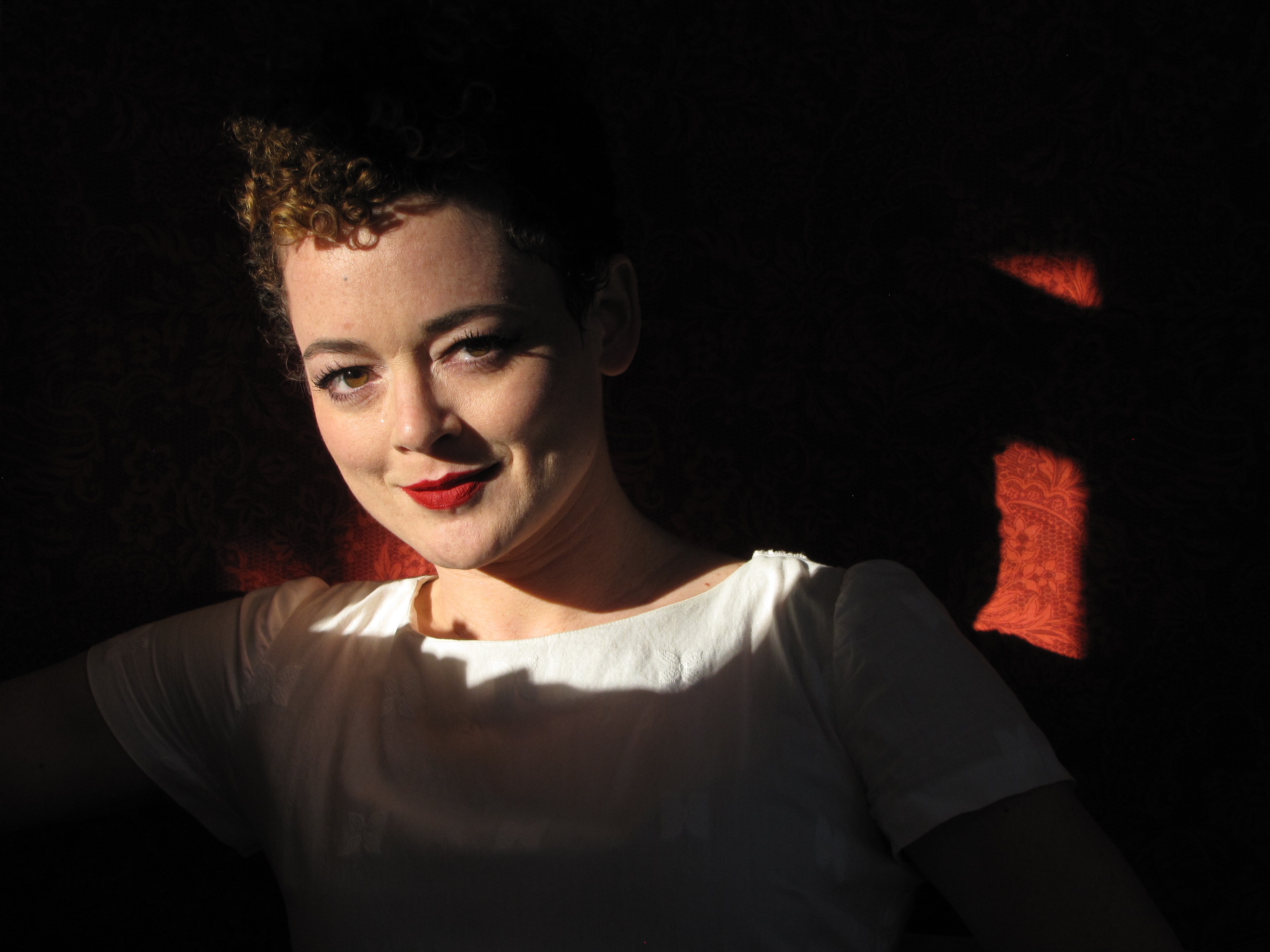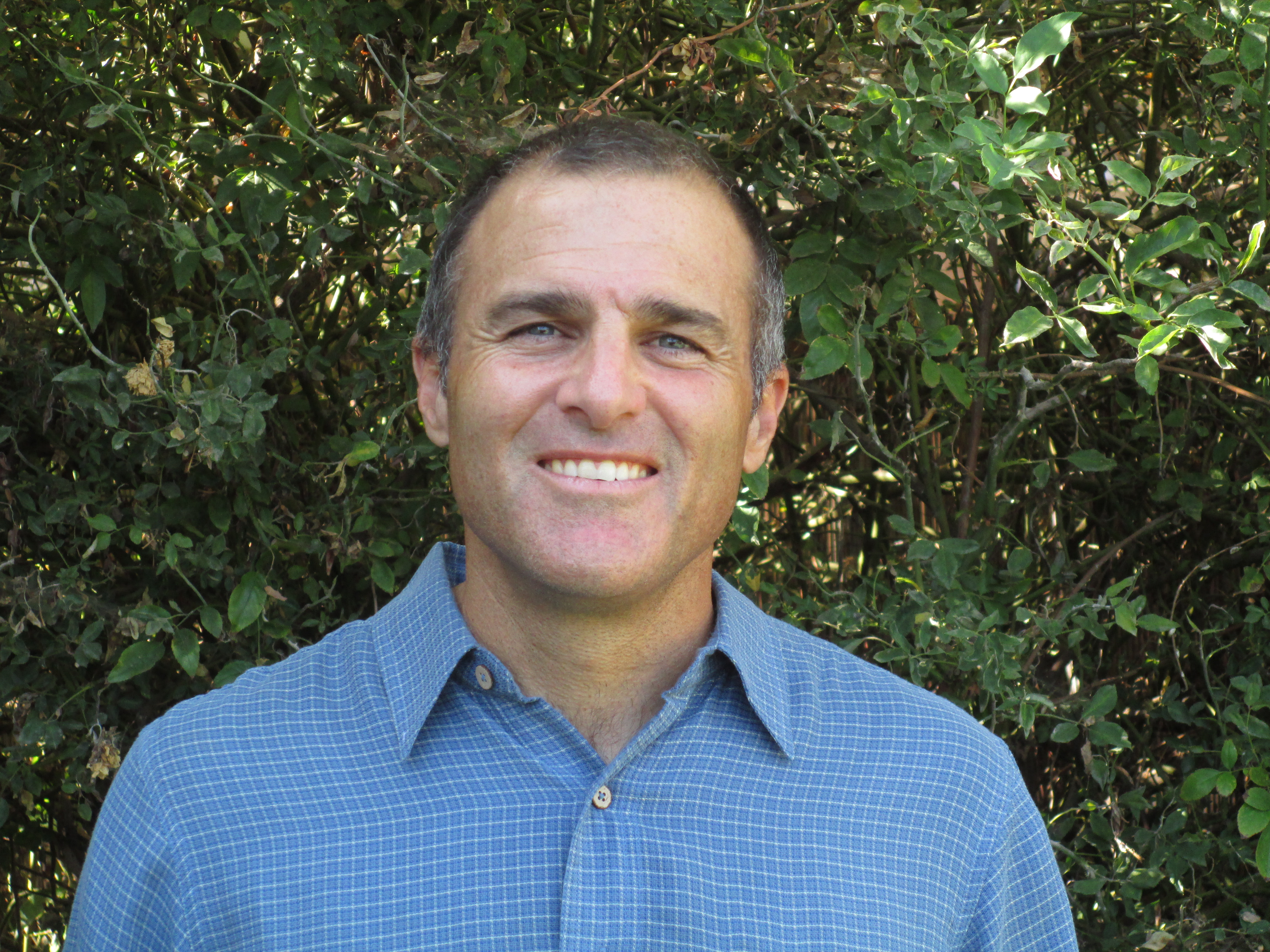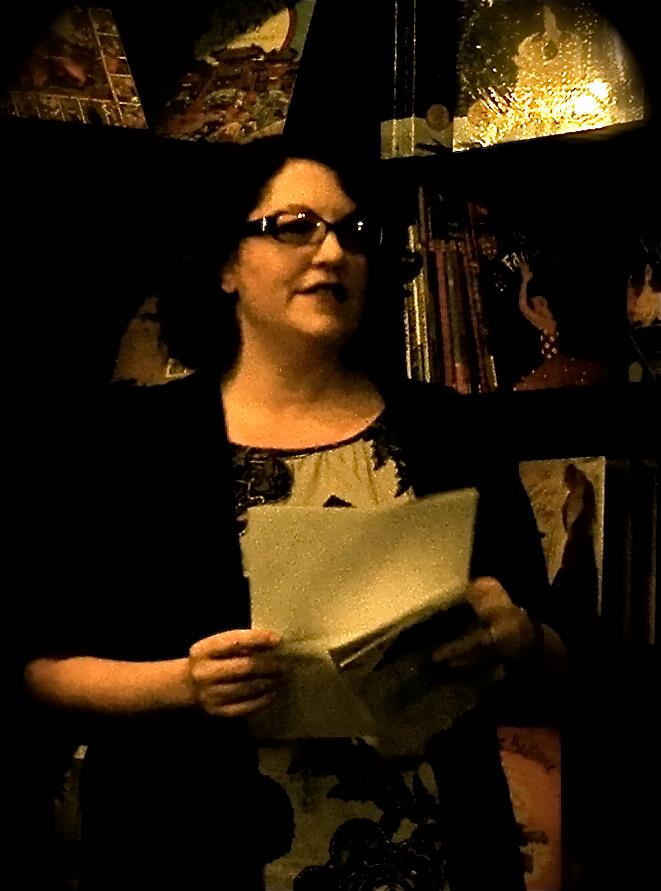George Saunders Wins Story Prize
Last night in New York City, George Saunders took home the 2014 Story Prize for his collection Tenth of December. The coveted $20,000 award, now in its tenth year, honors short story collections published in the previous year.
Saunders beat out Andrea Barrett for Archangel (Norton) and Rebecca Lee for Bobcat and Other Stories (Algonquin), who each received $5,000. All three finalists read from and discussed their work with Story Prize director Larry Dark as part of the evening's event.

George Saunders discusses his work at the Story Prize ceremony.
Saunders, who lives in Oneonta, New York, is the author of six previous books, including the story collections CivilWarLand in Bad Decline, Pastoralia, and In Persuasion Nation, which was a finalist for the Story Prize in 2007. Tenth of December (Random House), spent ten consecutive weeks on the New York Times hardcover bestseller list, reaching as high as the number two spot. Among numerous other accolades, Saunders received the 2013 PEN/Malamud Award for Excellence in the Short Story and was included in Time's 2013 list of the 100 most influential people in the world.
In his on-stage interview, Saunders discussed his process, the role of sound in his work, and how putting himself inside his characters and “turning to the truth” helps him find what he’s looking for in a character or story. Saunders, who once penned a 700-page novel before scrapping it to turn to stories, praised the short form in his acceptance speech, adding that often the smallest details of the human experience are what ultimately matter most. “We don’t have anything but those small motions of the heart and mind,” he said. “Short stories remind us of that.”
Dark and Story Prize founder Julie Lindsey selected the three finalists from among ninety-six books entered in 2013, from sixty-four different publishers. Three final judges—Stephen Ennis, director of the Harry Ransom Center at the University of Texas at Austin; award-winning author Antonya Nelson; and Rob Spillman, founding editor of Tin House—chose the winner.
“George Saunders offers a vision and version of our world that takes into account the serious menace all around us without denying the absurd pleasures that punctuate life,” the judges said in a statement. “This book is very funny and very sad.”
Claire Vaye Watkins won the 2013 prize. The award is the largest first-prize amount of any annual U.S. book award for fiction.






 Anyone flipping through Poets & Writers Magazine will notice a number of ads for writing workshops, all of which sound tasty for one reason or another. Like probably millions of other writers, I’ve participated in different workshops and have benefited from working with some talented writers who have led enriching workshops. Without question, these gatherings are worth their weight in gold. But what if you can’t afford their often hefty price tags? Writers workshops are not the only place for writers to go when wanting to give their writing a boost, especially if they want to pay close to nothing.
Anyone flipping through Poets & Writers Magazine will notice a number of ads for writing workshops, all of which sound tasty for one reason or another. Like probably millions of other writers, I’ve participated in different workshops and have benefited from working with some talented writers who have led enriching workshops. Without question, these gatherings are worth their weight in gold. But what if you can’t afford their often hefty price tags? Writers workshops are not the only place for writers to go when wanting to give their writing a boost, especially if they want to pay close to nothing. What makes your organization and its programs unique?
What makes your organization and its programs unique?